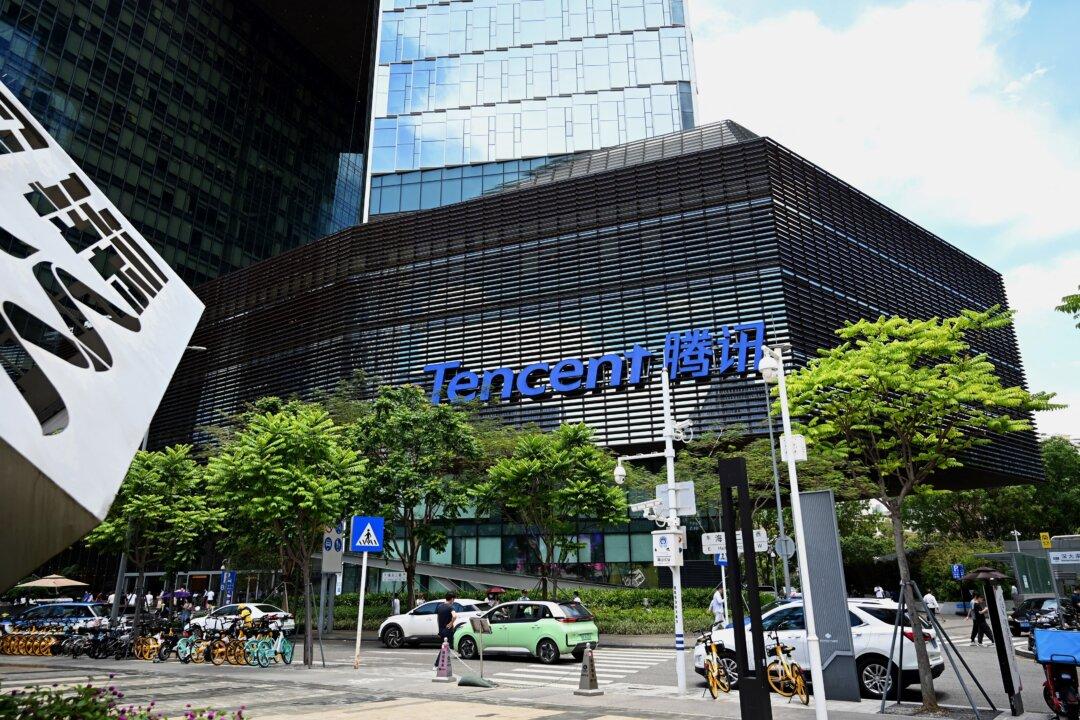The announcement of the partnership between Tencent and Douyin, the Chinese counterpart of TikTok, on April 7 sparked immediate concern in the market. As competitors in short and long video hosting services in China, Douyin and Tencent have been in court several times over copyright issues, leading to lengthy litigation. Some believe the Chinese Communist Party (CCP) is behind this sudden partnership announcement.
The two platforms will cooperate on the joint promotion of short and long videos and the creation of short video content. Tencent will license Douyin, owned by ByteDance, its long videos with network broadcasting rights and sublicensing rights. In addition, Tencent and Douyin explicitly stipulated publication rules for short video content.





